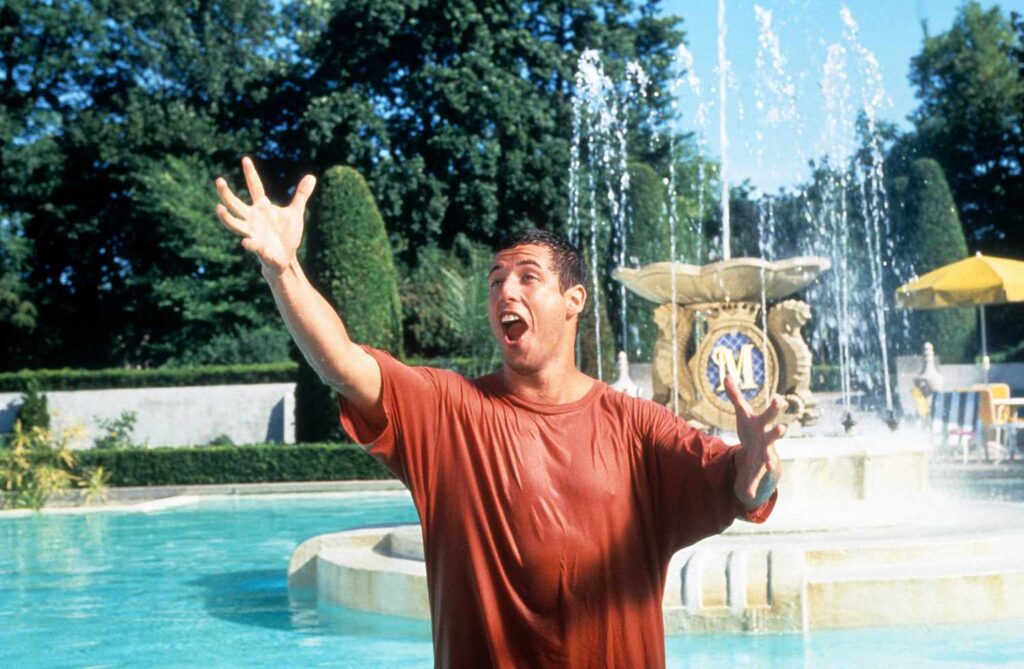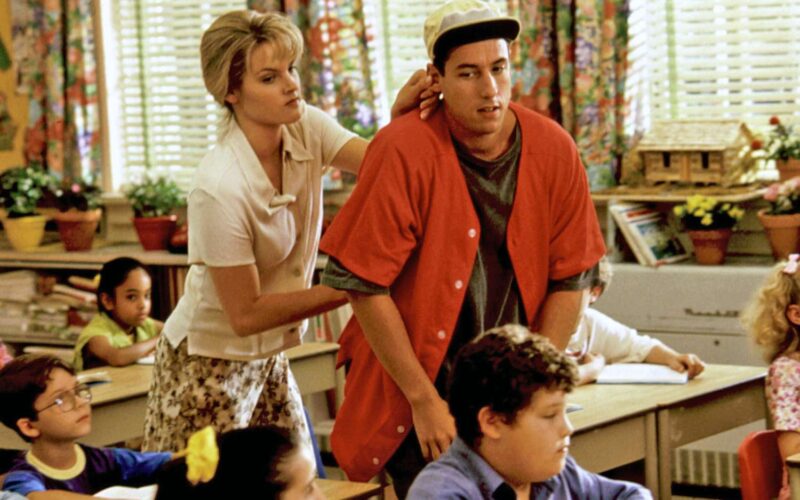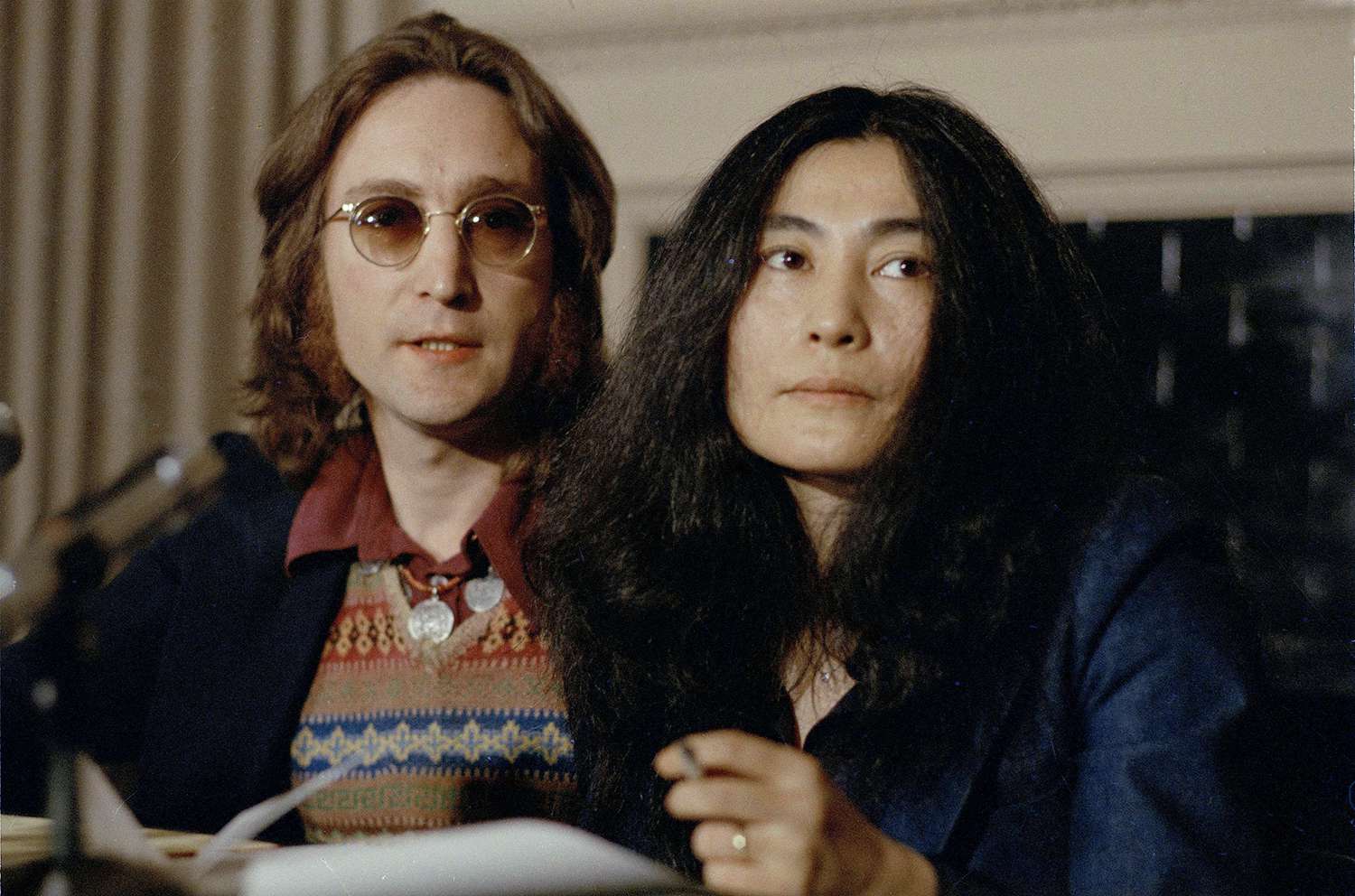Directed by Tamra Davis and written by Sandler and Tim Herlihy, Billy Madison follows the titular character, a wealthy slacker who must redo grades 1 through 12 in order to take over his family’s hotel empire. Filled with bizarre humor, surreal sequences, and quotable lines, the film established Sandler’s signature comedic style—one that would define much of his early work.
At the time of its release, Billy Madison received mixed reviews from critics, many of whom dismissed its juvenile humor. However, audiences, particularly young viewers, embraced the film’s silly, rebellious energy. Over the years, it has gained a loyal following and remains a nostalgic favorite for many fans of ’90s comedies.
Though Billy Madison wasn’t a massive box office success, it was a crucial turning point for Sandler. Coming off his tenure on Saturday Night Live, the film demonstrated his ability to carry a movie and connect with audiences. Just a year later, Happy Gilmore (1996) solidified his place in Hollywood, and from there, his career skyrocketed with hits like The Wedding Singer (1998), Big Daddy (1999), and The Waterboy (1998).

Three decades later, Billy Madison remains a defining film of Sandler’s early career. It introduced audiences to his brand of humor—absurd, loud, and yet oddly endearing. Quotes like “O’Doyle rules!” and the infamous penguin scene continue to be referenced by fans today.
Beyond nostalgia, the film also represents a unique moment in ’90s comedy, where movies embraced ridiculous premises with full commitment. It paved the way for the wave of Sandler-led comedies that dominated the late ’90s and early 2000s, influencing countless other comedic actors along the way.
As Sandler’s career has evolved—from slapstick comedies to acclaimed dramatic performances in Uncut Gems (2019) and Hustle (2022)—it’s fascinating to look back at where it all began. Billy Madison may not have been a critical darling, but its impact is undeniable.
Thirty years later, it’s still making audiences laugh, proving that sometimes, the most ridiculous comedies have the most enduring legacies.









